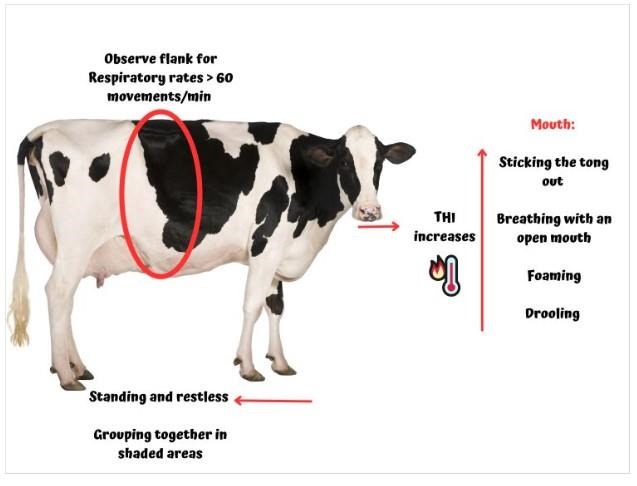On a recent winter afternoon, a long line of brown Jersey cows lined up for feeding time, jostling for position.
At the end of the railing, Blueberry snorted in anticipation. Today, her meal at the University of New Hampshire's organic dairy farm was a standard mixture of hay and grain.
But soon, she and her fellow dairy cows would have another ingredient added to the mix: seaweed.
This herd is part of a study looking into different types of seaweeds' ability to reduce methane — a powerful greenhouse gas that cows release in a steady stream of burps.
"Cattle is the second largest source of methane in the United States," said Andre Brito, associate professor of dairy cattle nutrition and management at UNH. "The industry as a whole is very interested in results to mitigate methane."
A recent report from the Intergovernmental Panel on Climate Change (IPCC) found methane levels in the atmosphere are now higher than at any point in the past 800,000 years.
Methane is a significant driver of global climate change. Although it breaks down faster than carbon dioxide, it’s about 25 times more effective at trapping heat.
And bovine burps are the culprits; 95% of the methane released by cows comes from belching, a byproduct of their digestive system. Gas from cows and other livestock are a significant driver of methane emissions in the United States, second only to the oil and gas industry.

Brito is part of a team of New England scientists looking into whether feeding seaweed to the country's roughly 90 million cattle could help cut their methane emissions.
Chewing over the problem
Here's how it works. Cows are "ruminants," mammals that can digest things that humans can't, like grass. While people "ruminate" by "chewing on" complex or unpleasant thoughts, ruminants literally ruminate, regurgitating their food and chewing it further.
There's a tradeoff to that process. A cow's four-chambered stomach is "a habitat for billions and billions of microorganisms that basically digest the fiber for the animal," Brito said. Some of those microbes then release methane as a byproduct, and the upstairs-downstairs journey of the food means the gas is belched out along the way.
Certain types of seaweed have special compounds that disrupt those microbes’ ability to make methane. So if you put some of that seaweed in the cows’ feed, they burp less methane.
But there's a hitch. To date, the seaweed known to reduce methane most significantly — Asparagopsis taxiformis — grows in Australia.
Trying to grow it off the coast of the U.S. would be invasive. And growing it in land-based tanks would have a large carbon footprint.
Nichole Price, a senior research scientist at the Bigelow Laboratory for Ocean Sciences in East Boothbay, Maine, is working with Brito to find an alternate seaweed.
Click here to see more...